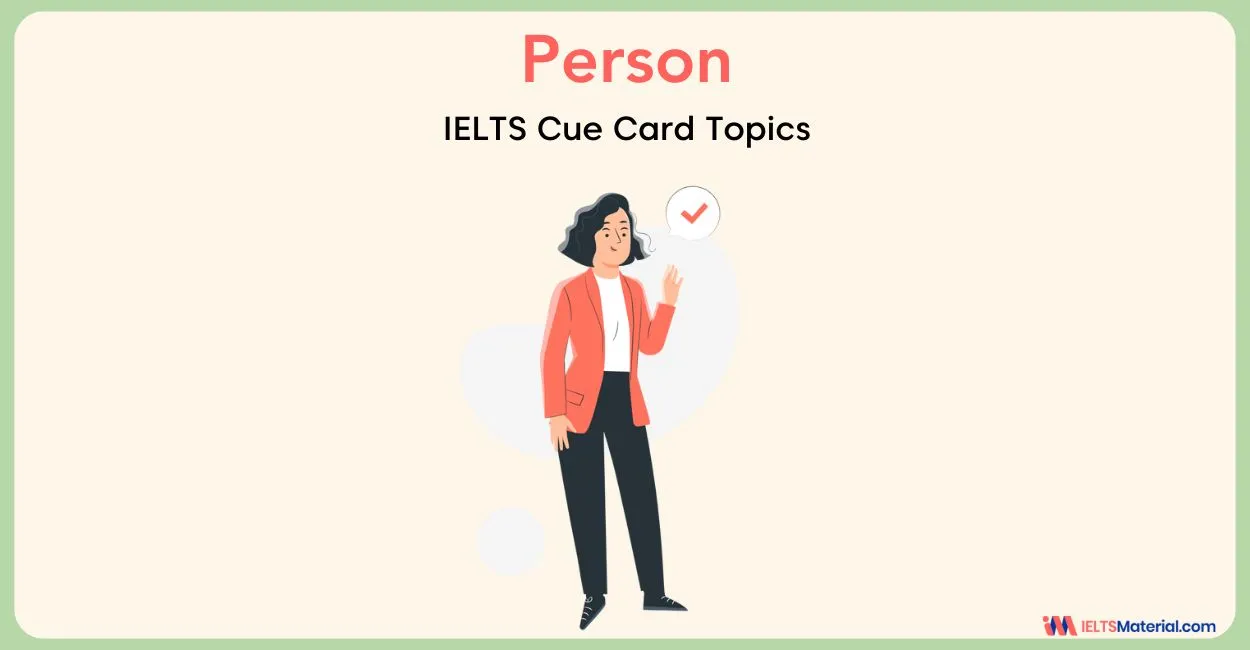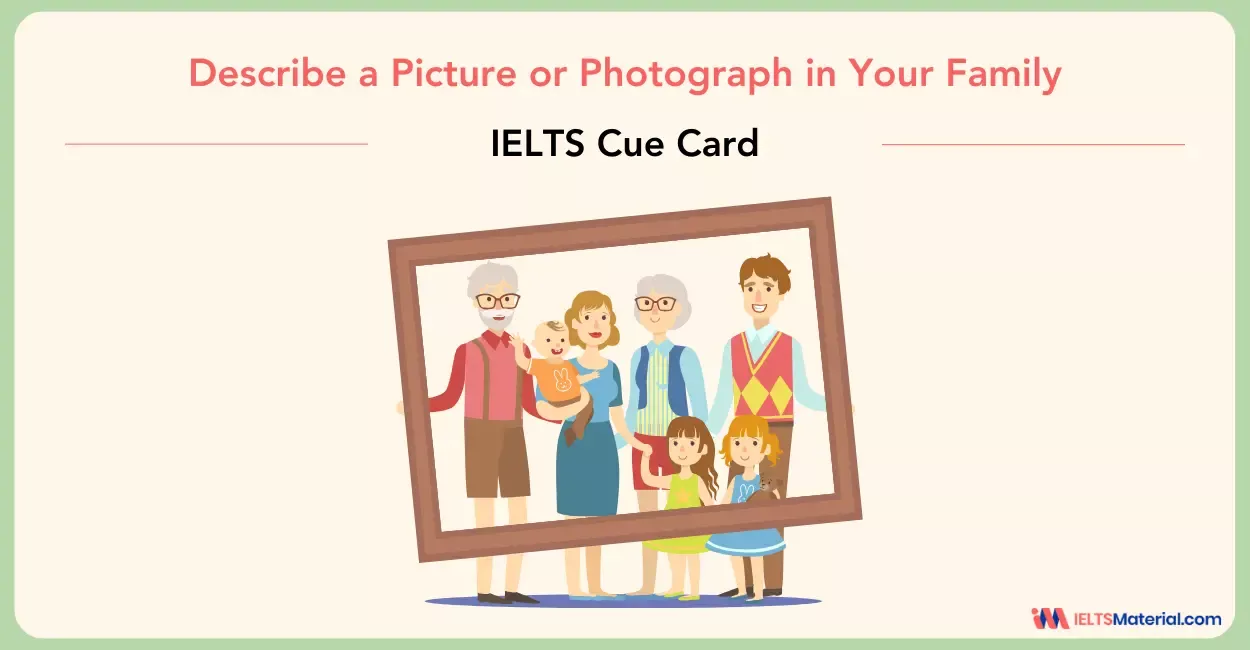Describe a piece of information that you think is not correct
Table of Contents

Limited-Time Offer : Access a FREE 10-Day IELTS Study Plan!
This article contains sample answers for the cue card topic – Describe a piece of information that you think is not correct.
In the Part 2 of the IELTS Speaking section, the most common question type is the cue card. The provided prompts will help you to formulate a response and speak on the given topic. You will have exactly one minute to prepare and speak on a specific topic.
To attempt this question, you must narrow down the essential questions on the given topic to answer within the given time. And the sample answers given below will guide you to learn how to communicate clearly and successfully.
This IELTS cue card gives you an opportunity to share about a piece of information that you think is not correct.
Are you interested in learning some vocabulary and additional questions & answers to improve your IELTS Speaking score?
Then check this video given below!
Describe a piece of information that you got that was incorrect/ Describe an occasion when you got incorrect information
- what information
- where you heard/read this information
- when you heard/read it
- and explain why you think it is incorrect.
Sample Answer 1
Courtesy of technological advancement, it has become a cakewalk to access information in one click. There is a gamut of sources available out there. However, it becomes quite arduous to find the certainty behind such information. Something similar happened to me when I was misled by one of the websites on the internet.
Last year, after finishing my graduation, I was in dire need of a well-paying job. Thus, I used to navigate through several sites and sources on the internet to find out. While browsing, I stumbled upon a vacancy for a digital marketing executive one day. The profile matched my interest and qualifications, so I applied for it. I had even submitted Rs. 1,000 as the registration fees.
Once done, I received a confirmation email with interview details. It was scheduled for 5th August. However, when I reached the interview venue, I was dazed to see it empty. When I called upon the number that was given in the email, they retorted that the interview was on 15th August. When I argued that the email said otherwise, they simply said it was a typing mistake.
I felt extremely disappointed with this negligence. Also, I was irked because they didn’t own their mistake either. That day, I learned an important lesson that pushed me to double-check every piece of information thenceforth.
Sample Answer 2
Here is an audio recording of the sample answer for the topic – Describe a piece of information that you think is not correct.
As you listen to it, you can refer to the transcriptions below for more clarity on the Speaking Test.
Wrong information is something we simply cannot avoid in life. I remember this one time when I got wrong results for one of my IELTS tests.
Apparently there’s a 13-day wait before the result is out, and almost every test-taker feels nervous, hopeful and worried at the same time during this period. I was no exception. I did pretty well and was hoping for an 8.5. So you can imagine how disappointed I was when I received a message from the test organiser (IDP) first thing in the morning telling me that I got a THREE. A freaking THREE.
I wasn’t overconfident and I knew I couldn’t have gone lower than 7. So I immediately called IDP and complained. They soon admitted that there was a ‘systematic issue’ and would come back to me soon with the latest information.
I needed to wait for a further 2 weeks to get the result, and luckily this time I got what I wanted.
I think the lesson is that if you get some wrong and bad information, try to be calm and find a way to deal with it.
Vocabulary
- Test-taker: a person who takes a test.
Eg: A test taker is required to appear 10 minutes before the exam. - Exception: someone or something that is not included in a rule, group, or list or that does not behave in the expected way
Eg: There are exceptions in every scenario. - Freaking: used to emphasize what is being said, or to express anger
Eg: “You’re freaking me out, Please tell me the result”, She begged. - Luckily: it is fortunate that
Eg: Luckily, the boutique was open on Sunday.
Related Cue Cards:

Start Preparing for IELTS: Get Your 10-Day Study Plan Today!
Explore other Cue Cards

Raajdeep Saha

Jasmine Hoang
Recent Articles

Kasturika Samanta

Kasturika Samanta

Raajdeep Saha







Post your Comments